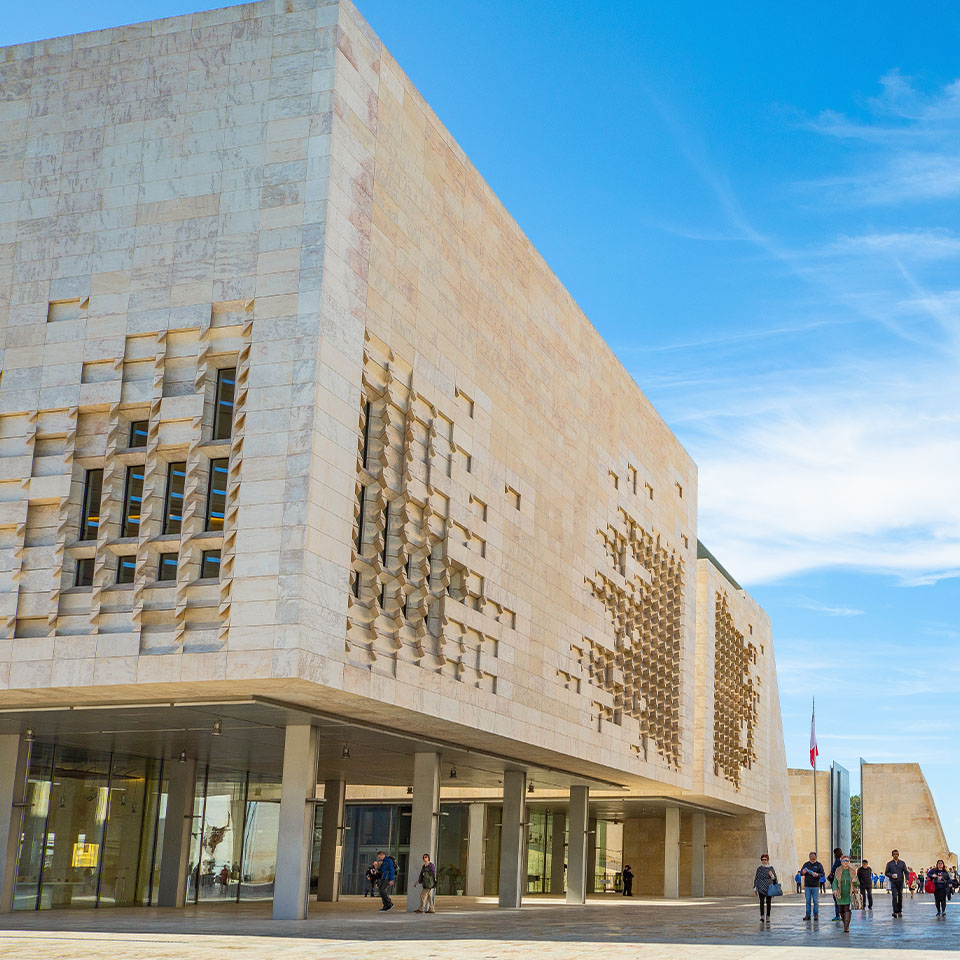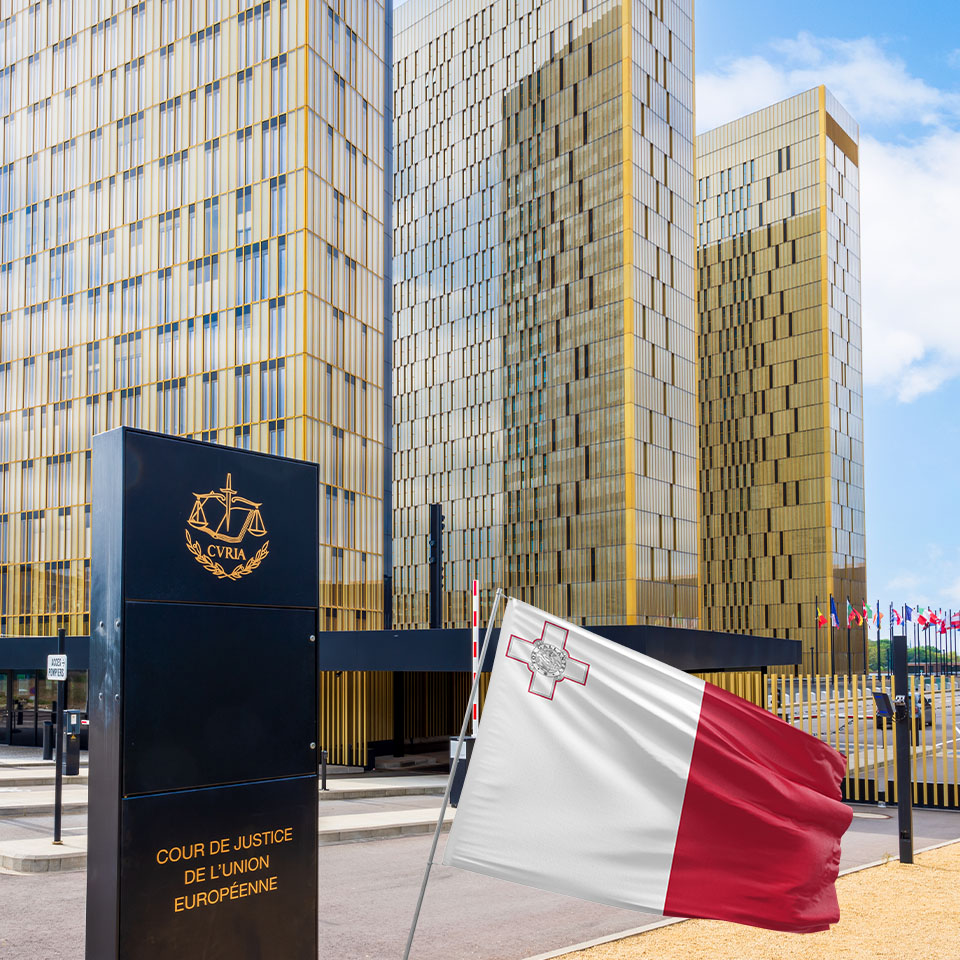Malta Publishes Amendments Aligning with EU Ruling
Valletta, Malta (July 2025) – Malta has officially enacted and published a landmark amendment to its citizenship laws, widening the scope of Maltese citizenship by merit. The Maltese Citizenship (Amendment) Act, 2025 (Act No. XXI of 2025) was published in the Government Gazette on 24 July 2025 after being unanimously approved by Parliament. This new law comprehensively reforms Chapter 188 of the Laws of Malta, Malta’s Citizenship Act, particularly the provisions for granting citizenship to non-Maltese nationals on the basis of exceptional merit or service. The reform comes in direct response to an April 2025 judgment of the Court of Justice of the EU (Case C-181/23), which held that EU citizenship cannot be granted purely as a commercial transaction. Malta’s Home Affairs Minister Byron Camilleri noted that the amendments "honour the EU judgement… [while] the court also confirmed that the granting of citizenship is a national competence. We will be expanding and strengthening the way in which citizenship is granted by merit"
Under the new amendments, the previous “golden passport” investment scheme – formally known as the Granting of Citizenship for Exceptional Services by Direct Investment – has been abolished. The law deletes all references to the Grant of Maltese Citizenship by Exceptional Services in the Citizenship Act, effectively ending Malta’s citizenship-by-investment route. Transactional elements such as fixed monetary contributions and the role of licensed agents have been removed entirely Minister Camilleri emphasized that “there will no longer be a set amount of money which applicants will have to pay to acquire citizenship” and that candidates “must instead prove they can provide a valuable service to the country in line with its goals”. This shift aligns Malta’s policy with the principle that citizenship “should never be for sale,” focusing on qualitative national benefit rather than financial transactions.
Merit-Based Citizenship Now Open to Innovators and Philanthropists
The merit-based citizenship path, first introduced in 2017, is now significantly expanded and reinforced. Amendments to Article 10(9) of the Act broaden the definition of “exceptional services or contributions” to Malta, explicitly including distinguished individuals in science, research, sports, arts and culture, as well as business innovators. Notably, entrepreneurs, philanthropists and technologists are now specifically listed among those whose talents or achievements may make them eligible for Maltese citizenship by merit. The law also adds “job creation” to the criteria, underlining that creating employment in Malta is a recognised form of exceptional contribution. In practice, any person “whose naturalisation is of exceptional interest to the Republic of Malta” can be considered under this route. This gives Maltese authorities greater flexibility to approve citizenship for high-impact individuals – whether they are tech innovators developing new industries, scientists advancing public health, or philanthropists launching major charitable initiatives in Malta.
All applicants under the merit route will undergo a rigorous evaluation process. An independent Evaluation Board will review each proposal and, based on expert advice in the relevant sector, recommend to the Minister whether the applicant’s contribution meets the “exceptional” threshold. The Board is even empowered to interview candidates as part of its due diligence. Each case is assessed on its merits and national interest, rather than through any bidding or donation amount.
“Anyone who can offer an exceptional service or contribution to our country may submit a proposal to be considered through a rigorous process that evaluates the added value Malta needs,” Minister Camilleri explained (Gov PR 251293).
Importantly, there is no pre-set investment sum required; applicants must demonstrate tangible value – for example, sharing unique expertise or establishing an enterprise that aligns with Malta’s development goals. Camilleri illustrated this with a hypothetical example of a foreign surgeon offering a medical specialisation not currently available locally, highlighting the government’s intent to attract talent that fills critical gap.
Sovereignty and Vision 2050: A National Interest Approach
Throughout the legislative process, Malta’s government stressed that these reforms safeguard the country’s sovereign right to grant citizenship in its own national interest. The new merit-based framework is rooted in the idea that awarding citizenship is a discretionary honour for those who contribute exceptionally to Maltese society, economy, or humanity at large, rather than a commodity to be purchased.
“Malta will continue to uphold its sovereign right to grant citizenship in the national interest, a principle we have always defended and which was reaffirmed by the European Court,” Minister Camilleri told Parliament when introducing the amendments.
By emphasising national interest and exceptional value, the law aligns with Malta’s Vision 2050 – the country’s strategic plan for long-term economic and social development. The emphasis on innovation and job creation in the merit criteria is a direct reflection of Vision 2050 priorities, aiming to draw in individuals who can help drive Malta’s future growth.
The Act also introduces enhanced safeguards. Successful applicants under the merit route will be subject to ongoing compliance with the undertakings they propose, and mechanisms have been set to monitor contributions and revoke citizenship if obligations are breached (similarly, provisions on revocation have been tightened for any abuse). Notably, the names of new citizens under this scheme will continue to be published, maintaining transparency. Meanwhile, those who previously obtained citizenship under the now-defunct investment program remain unaffected in their status; they will continue to be bound by the terms and obligations in place at the time of their naturalisation.
Global Opportunities for High-Value Individuals and Families
For a global audience of high-net-worth (HNW) and ultra-high-net-worth individuals (UHNW) – including family offices, technologists, and innovators – Malta’s revamped citizenship-by-merit program presents a new opportunity. The door is now open for visionary entrepreneurs, leading scientists, top-tier artists, and philanthropic leaders to become Maltese citizens by contributing meaningfully to the country. Unlike the previous scheme, there is no fixed donation or investment threshold; instead, the quality and impact of one’s contribution is paramount. This could involve establishing a cutting-edge technology hub, investing in R&D that creates local jobs, spearheading a major cultural or environmental project, or other initiatives that align with Malta’s national priorities.
Malta offers an enticing proposition: successful applicants gain Maltese citizenship, with the rights to live, work, and study in Malta (and the wider EU), and visa-free access to over 180 countries. In return, Malta expects these new citizens to be partners in its progress – helping elevate the country’s profile in innovation, sustainability, and economic resilience. The policy shift has been designed to attract world-class talent and ideas to Malta’s shores, while upholding the message that Maltese citizenship is earned through merit and service, not bought. As the dust settles on years of controversy around “golden passports,” the enactment of this law heralds a new era in Maltese nationality law, one that marries national interest with global talent mobility.
Official Sources:




















